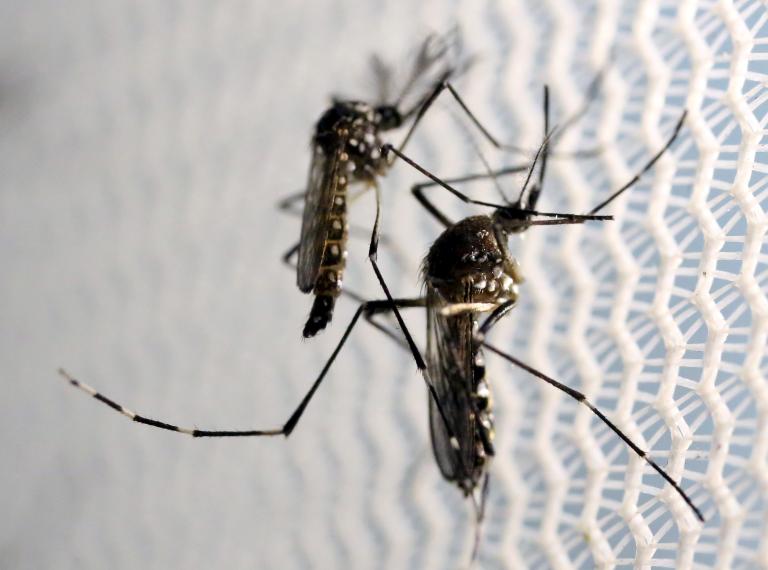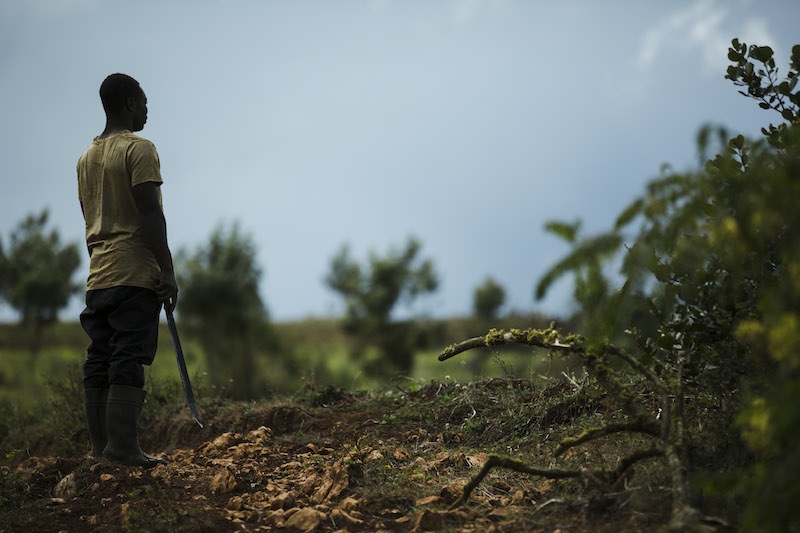Nearly all of Haiti’s forests are gone, and the country’s ongoing need for wood charcoal is threatening forests in the neighboring Dominican Republic. The new documentary Death by a Thousand Cuts, from directors Juan Mejia Botero and Jake Kheel, takes a look at both the human and environmental consequences of the conflict between the two countries, which share one small island and a harrowing history.
In Haiti, wood charcoal is produced by cutting down trees and burning the wood in a massive pile. The fire is extinguished just before the wood gets scorched to the point of pure ash, leaving small, gray-black charcoal blocks. It’s sold cheaply in small bunches, enough to cook a few meals to help a family survive.
Both Haitians and Dominicans used to rely on wood charcoal for cooking. But in the 1960s, the Dominican Republic started to protect its forests with policies against deforestation and began to subsidize other sources of cooking fuel. Haiti, where an estimated 54 percent of the population lives below the poverty line — compared to the Dominican Republic’s 2.6 percent — has never taken similar action. As a result, some 98 percent of the country has been stripped of trees. To meet the demand for wood charcoal, Haitians use illegally produced charcoal from Dominican forests. But as a result of a recent clampdown on that production, Haitians are now depleting their own critical mangroves.
Death by a Thousand Cuts focuses this story of natural resources, economic inequity, and political strife through a particular tragedy: the death of a park ranger named Melaneo, employed by the Dominican government to protect its forests from harvesters on the border. His life was full of love and devotion to his community and to his family, including for his Haitian wife and their children. Melaneo’s gruesome murder — suspected to have been perpetrated by a Haitian man — was an apparent slashing by knives, machetes, and axes that inspired the film’s title. In the aftermath of the murder, Dominicans burned down a Haitian village on the border.
Over the course of the film, the frustrating search for Melaneo’s killer evolves into a subtle metaphor for the long history of thwarted attempts to resolve intense poverty in Haiti, the fuel that feeds the charcoal crisis.
The film is making the festival rounds and will screen at the Seattle International Film Festival this Friday. Seattleites: I encourage you to watch it for the outstanding cinematography alone — but, more importantly, to better understand what the terrible combination of vanishing natural resources and stark economic inequity means for some of the world’s most vulnerable people.



